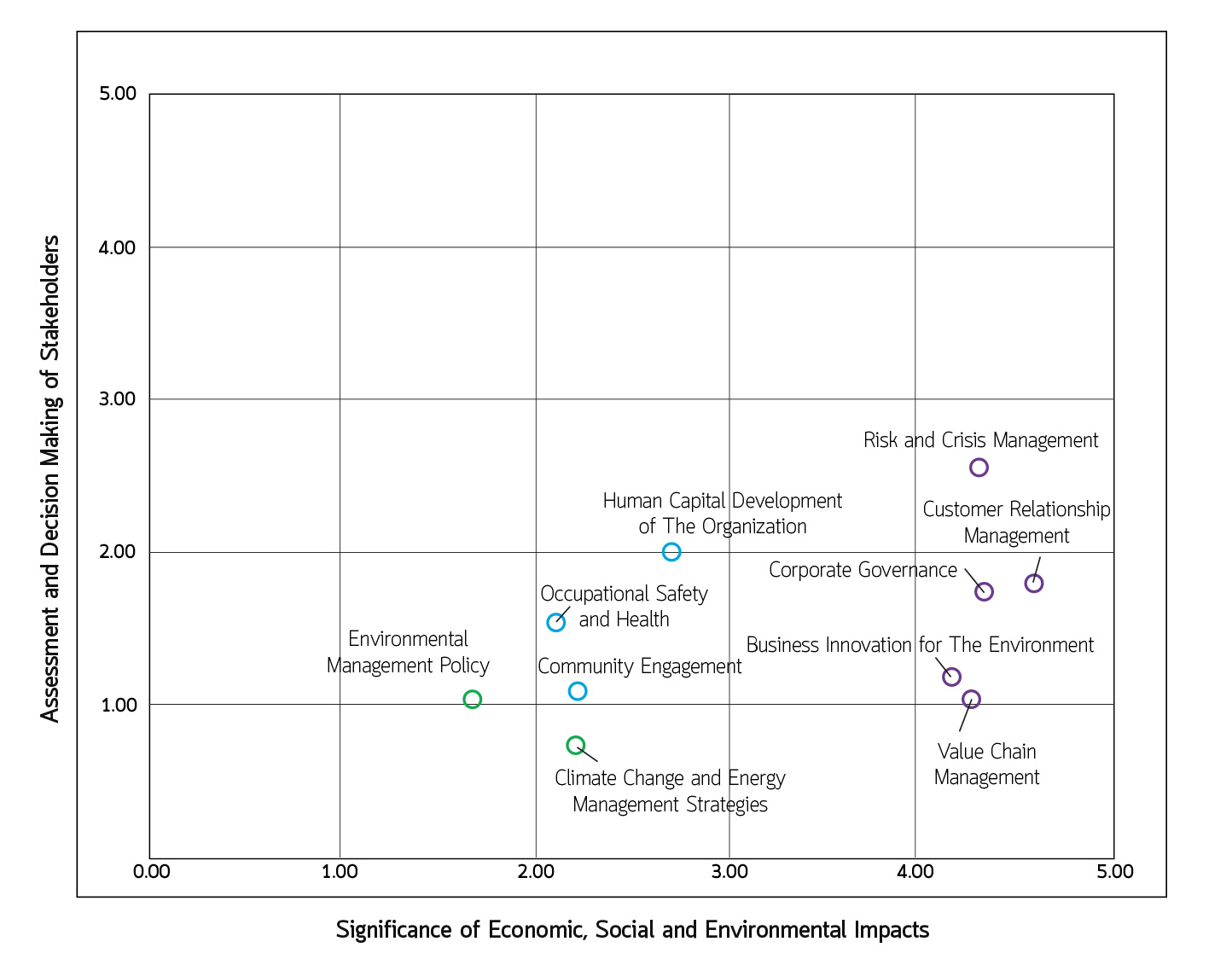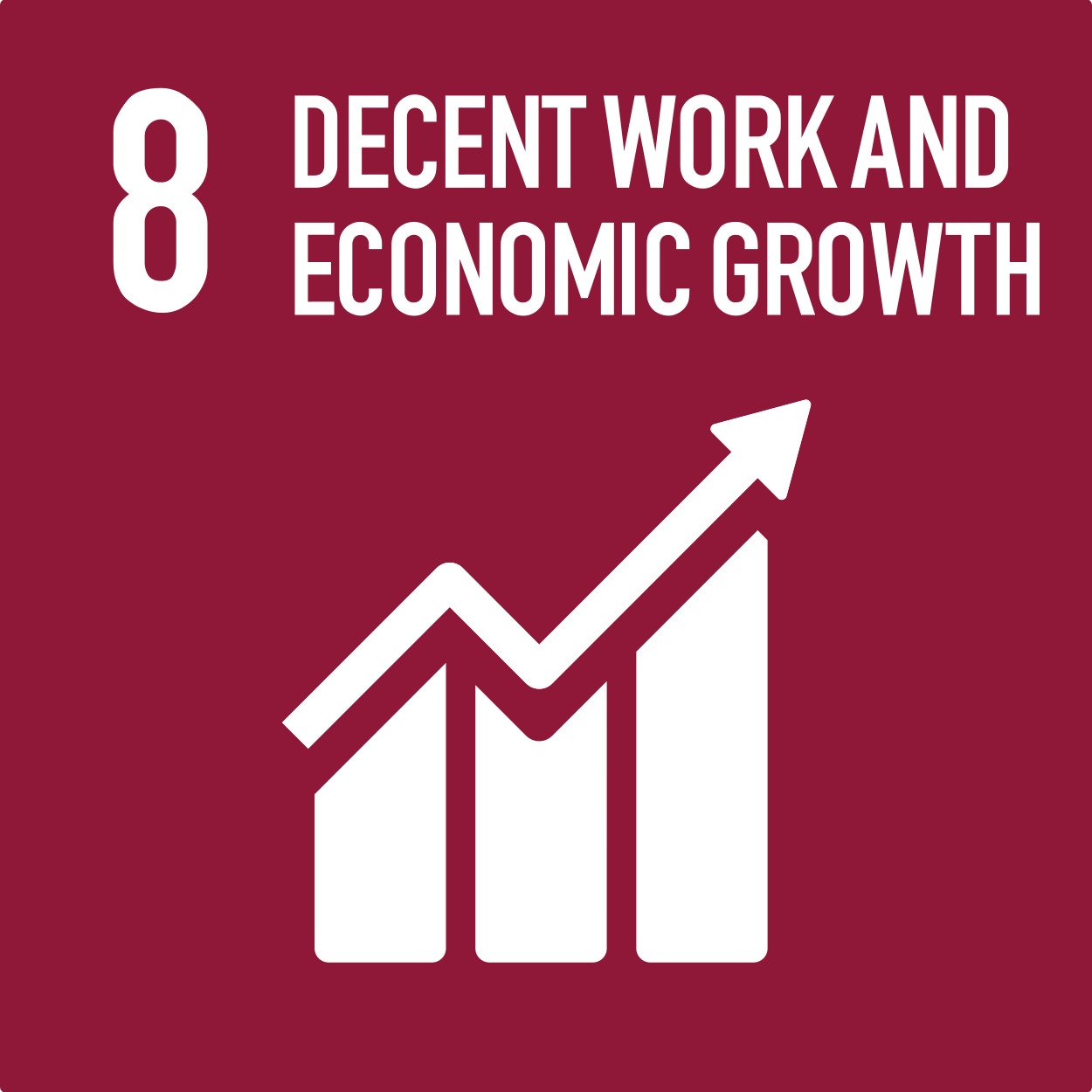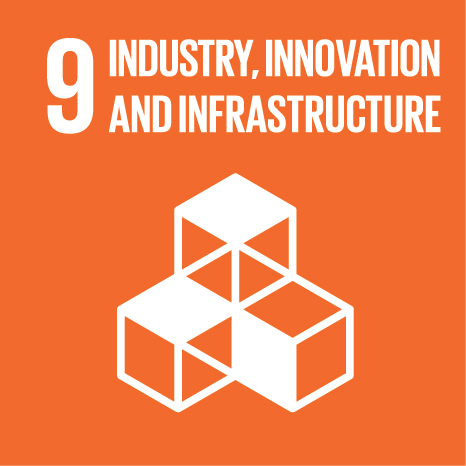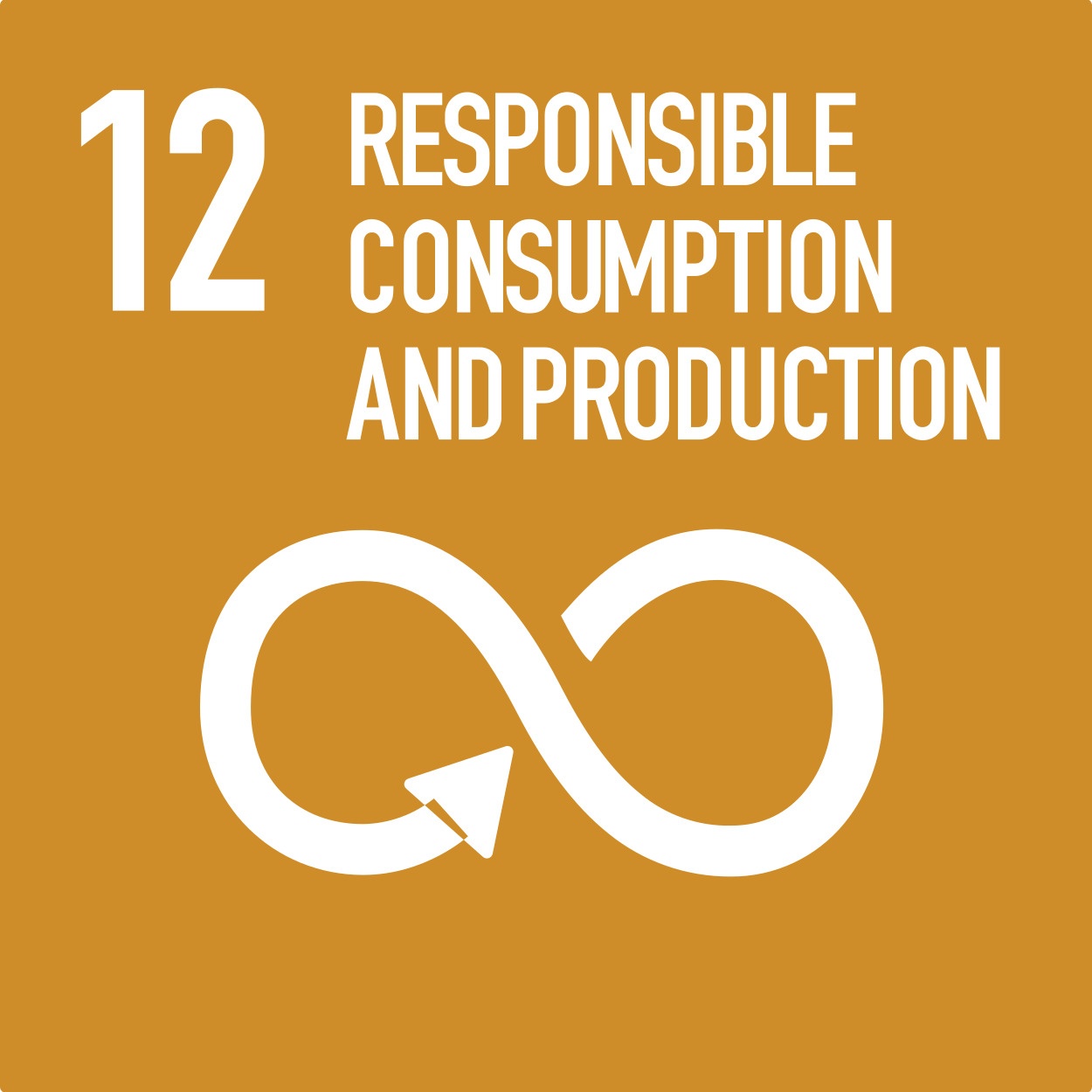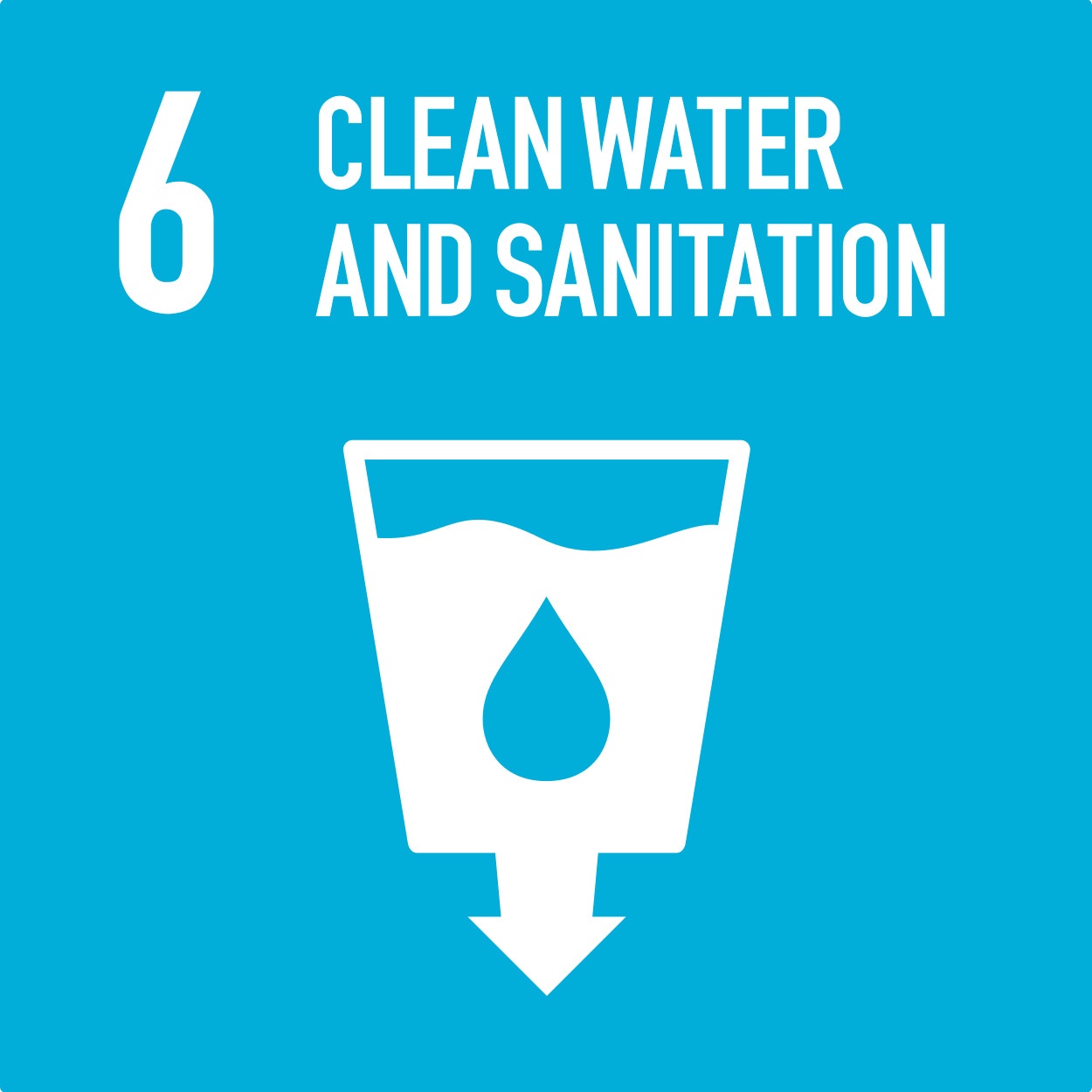Home >> Sustainable Development
Sustainable Development
Business Drive for Sustainability
For more than 40 years, TBSP Public Company Limited was established in 1978 with the objective
of producing counterfeit-free documents, checks and important financial instruments. Including various forms of the bank and at present.
The company has adjusted its business operations and focused on operating a complete card production business from graphic design, prototype
making, card production, card data entry, including delivery to customers or customers directly to the cardholder through various channels.
We provide various types of plastic cards, including smart cards, chip cards, payment cards, membership cards and cash cards.
It also provides design services with various techniques on the card, the company currently has 1 production area which is Pu Chao Saming Phrai Factory.
In addition, the Company has changed the vision, mission and values of the organization to be consistent and in
the same direction as the affiliated companies. Including adjusting the strategy and improving the Company’s management system to develop products and
services as well as expanding the new customer base by looking for partners to cooperate with research and development institutes (Research & Development)
both domestically and internationally in the development of raw materials, printing techniques, label formats and packaging to be more different and more modern.
It also focuses on building culture and increasing the potential of personnel in the organization by bringing innovation and technology into use In line with
the Company’s new vision of being a global leader in creating innovative products and services for quality and effective anti-counterfeiting with modern,
integrated and sustainable technology. (To be the regional trusted leader in information security solutions with technology integration.)
Social Responsibility Policy
1. Promote activities in safety, occupational health and working environment to reduce the risk of accidents at work for both employees and business partners.
2. Promote activities to reduce impacts on environmental resources to conduct business in a friendly manner with the community.
3. Promote economic activities within the community by creating jobs and promote careers for employees and communities.
4. Promote business operations with good corporate governance principles. Which consists of the company’s
ideology Code of Conduct and Corporate Governance Including anti-corruption in all forms with a focus on communication
across the organization business partner and stakeholders in all sectors.

Strategic Plans and Long-Term Goals for 5 Years (2022 – 2026)
The company has planned strategies and goals of the organization.
The objective is to prepare for a significant change in becoming a national leader in the business of
selling tickets, providing data entry services. with various solutions full cycle for Financial institutions
and customer segments that take advantage of membership, data collection, authentication, card-based payment
applications with a high-security card system of international standards with a wide range of solutions to
both Corporate customers, SMEs and individuals by introducing modern technology to be a part of business
operations Aiming for a new business model Also looking for ways to expand the new customer base and cooperation
partners. for business growth Increasing efficiency in resource management while creating core values of the
organization, creating and developing people with innovation and technology skills. It also has operational
excellence and strives to be an organization with honesty and transparency professionalism as well as looking
after and caring for the surrounding community and society as well as all stakeholders to create sustainable shared values.
Compliance with The International Principles of The UN Global Compact
The Company has been a member of the Global Compact Network Thailand (GCNT) since 2002,
which will contribute to the implementation of the Sustainable Development Goals in Thailand. Apply ten international principles
to business operations and social responsibility policies. which covers human rights issues, labor practices environment and
anti-corruption as follows:
Point
Ten Principles
Company’s Operating Guidelines
Human Rights
1. Support and respect the protection of internationally proclaimed human rights within the jurisdiction that permits.
2. Regularly monitor and ensure that their businesses are not involved in human rights violations.
Company’s Operating Guidelines
1. Specify respect for human rights in the company’s code of conduct.
2. Establish a communication channel and whistleblower system to receive complaints and whistleblowers for
improper actions or violations of the law by setting up measures to protect complainants and mitigate damages to reporters.
Labor Practices
1. Seriously promote and support labor freedom of association and the right to collective bargaining.
2. Eliminate underage labor and use all forms of coercion.
3. Seriously abolish child labor.
4. Eliminate discrimination in employment and occupation.
Company’s Operating Guidelines
1. Determine the treatment of employees in the Company’s business ethics without discrimination and labor discrimination.
2. There is a policy against child labor and forced labor.
3. Support the employment of people with disabilities.
4. Listen to employees’ opinions by providing communication channels, suggestion boxes and complaint systems and report clues.
Environmental
1. Support a precautionary approach in operations that may affect the environment.
2. Volunteer to organize activities that promote the elevation of social responsibility.
3. Promote the development and dissemination of
environmentally friendly technologies.
Company’s Operating Guidelines
1. Determine business operations that take into account the impact on the environment by having a policy
to conserve and reduce the use of resources, reduce waste, including creating awareness of environmental protection
in the workplace and surrounding communities.
2. Set up a wastewater treatment system to control the impact from the production process and prepare a report to relevant government agencies.
Anti-Corruption
1. Work against corruption in all forms including giving, offering and bribery.
Company’s Operating Guidelines
1. Declaration of the intention of joining the Private Sector Collective Action Coalition Against Corruption of the Company and its subsidiaries.
2. Define and announce the anti-corruption policy to be practiced throughout the organization.
3. Provide communication channels and systems for receiving complaints and complaints. Notify clues about wrongdoing or
violation of the law. by prescribing measures to protect the complainant and alleviate the damage to the complainant.
4. The Company has prepared a Supplier Code of Conduct for business partners and business partners of the Company
to have a correct understanding and apply it as a standard for conducting business together.
Stakeholder Analysis in The Business Value Chain
Identification of stakeholders, The company will consider from the scope of operations
of the company by analyzing the value chain and identify internal and external stakeholders who are affected or affect the
Company’s operations and consider the importance of various groups of stakeholders, which can be identified as follows :
Employee
Partners (Contractors/Vendors)
Customer
Investors/Shareholders
Business Cooperation
Creditor/Owner of Funds
Regulatory Agency
Community and Society
In 2021, the company established a relationship with representative groups of stakeholders
in accordance with AA1000 Stakeholder Engagement Standard (AA1000SES) and GRI Standards. The opinions from the stakeholders will be taken as one of
the factors in the process of assessing important sustainability issues of the Company. In the future, the Company will use such opinions and suggestions
to develop a relationship building plan with stakeholders to improve operations and progress reports to the Board of Directors.
Sustainability Assessment Results
The company has grouped important issues in sustainability into 3 groups in order to determine management guidelines as follows:
Economic and Governance Dimension
Corporate Governance
Supply Chain Management
Customer Relationship Management
Risk and Crisis Management
Business Innovation for The Environment and Society
Environmental Dimension
Climate Change and Energy Management Strategy
Environmental Policy and Management System
Social Dimension
Occupational Health and Safety
Human Capital Management
Community Participation
Sustainability Management Goals
Economic and Governance Dimension
Strategic Direction
Operational Goals
Supporting the Sustainable Development Goals
Strategic Direction
Strengthen governance mechanisms and promote transparency across the organization.
Operational Goals
- Strictly comply with laws related to corporate governance.
- Stakeholder involvement in the Company’s sustainable development.
- No complaints from stakeholders.
Strategic Direction
Enhance value chain management by considering environmental, social and economic impacts.
Operational Goals
- Trade partners and business partners strictly comply with rules, regulations and laws.
- Supplier Risk Assessment on Human Rights.
- Assessment of suppliers and business partners by using ESG criteria.
Strategic Direction
Satisfy customers to improve products and services.
Operational Goals
- Customer satisfaction towards the overall operation of the company continues to increase.
- Timely response to customer needs and expectations.
Strategic Direction
Strengthen risk management and internal control systems and prioritize risks.
Operational Goals
- Implementing a risk management system throughout the organization.
- Employees and personnel are trained in risk management.
- Employees and personnel are trained on confidentiality risks.
- There are no cases of personal data protection violations.
Strategic Direction
Introducing advanced technology to improve the design business
Operational Goals
- Investment in research and innovation, to improve the performance of products and services.
- Development of products and services designed for underprivileged groups.
Environmental Dimension
Strategic Direction
Operational Goals
Supporting the Sustainable Development Goals
Strategic Direction
Climate change considerations to reduce environmental impact and efficient energy management
Operational Goals
- Reduce the amount of electricity consumption.
- Using recycled materials in production to reduce electronic waste.
- Encouraging employees to participate in energy saving and waste management activities.
- Reduction of carbon emission intensity (carbon intensity).
Strategic Direction
Policy formulation and management system to reduce environmental risks
Operational Goals
- There are no environmental complaints from nearby.
- There were no cases of non-compliance with environmental laws.
Social Dimension
Strategic Direction
Operational Goals
Supporting the Sustainable Development Goals
Strategic Direction
Improving the quality of life and safety in the workplace for employees and those involved.
Operational Goals
- Encourage employees to have quality of life and well-being from work.
- Reduce work-related accidents and fatalities.
- Train partners and business partners on work safety before working.
- Effective noise pollution control.
Strategic Direction
Treating all employees equally
Operational Goals
- Retaining and increasing the level of employee satisfaction with the company.
- Efficient manpower planning.
- Continually increasing skills, knowledge and abilities of employees.
- No human rights violations.
Strategic Direction
Maintaining good relations with the community and building credibility for the company’s image.
Operational Goals
- Support the employment of local people.
- Maintaining and increasing the community’s level of satisfaction with the Company’s operations.
- Support investment for community and society.
Overview of The Operation and Management of Key Sustainability Issues
The Company realizes and sees the importance of promoting sustainable development.
Therefore, focusing on business operations. It is in line with the Ten Principles of the UN Global Compact and the Sustainable Development
Goals (SDGs) of the United Nations (UN). Sustainability of the Company for the maximum benefit to all stakeholders.
Dimension
Results of Operations
Economy and Governance
- No complaints arising from non-compliance with good corporate governance principles were found
- Number of incidents that did not comply with the law 0 times
- There is no value of the fine incurred
- No number of cases of corruption occurred
- Total number of suppliers 142
- A total of 5 new business partners
- Overall customer satisfaction averaged 4.2 points
- No incidents of cyberattacks were found
- No incidents were found where customer data was leaked
Environment
- No cases were found where the Company did not comply with environmental laws or regulations.
- There were no environmental complaints from the company’s operations.
- GHG emissions Scope 1 28.39 tCO2e
- GHG emissions Scope 2 1.03 tCO2e
- GHG emissions Scope 3 0.0021 tCO2e
- Total greenhouse gas emissions 29,4221 tCO2e
- Electricity consumption 2,060 kWh
- Amount of diesel fuel consumption 2,355.01 liters
- Gasoline fuel consumption 287.06 liters
- Consumption of liquefied petroleum gas (LPG) 1,142.86 kg
- Amount of solar power consumption 1,297 kWh
- Reduction of energy consumption 763 kWh
- Water consumption 4,135 liters
- Reduced water consumption by 2,215 liters
- Amount of wastewater 3,308,00 liters
- The amount of wastewater reduced by 2,624,20 liters
- The total amount of waste is 11.90 tons
- The amount of non-hazardous waste 6.10 trees
- The amount of hazardous waste 5.80 tons
Society
- 16 units that were assessed for work environment risks
- Total number of employees 182 people
- 18 percent of new employees
- 58% of employees terminated
- The average number of training hours is 5.34 hours/person/year










